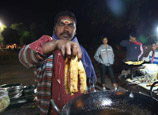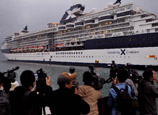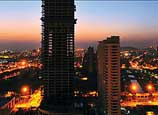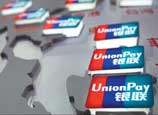
A Shanghai commuter was shocked to find his public transport card had a balance of more than 42 million yuan (US$6.76 million) when he swiped his card while leaving a Metro station - an amount the subway operator said was a malfunction.
Jim Wang took a picture of the huge sum displayed on the screen at an exit and posted it on the Internet on Saturday.
"Shanghai Metro, you are just too mighty," Wang said in a Weibo post, which was soon retweeted over 300 times, accompanied by envious comments from other netizens and joking suggestions that he cash in his card.
The screen shows "Remaining fund: 42,949,672.76 yuan" and "Please exit, you are welcome to take the Shanghai Metro again," according to the picture posted by Wang.
Not so fast, the operator said.
"The traffic card can only hold a maximum of 1,000 yuan and can never have so much money," an official said yesterday.
The operator said the data system of the card was broken, making it display the series of numbers. The card could still be used for the actual amount on it and it won't go higher, the official said.
But a computer expert gave a different explanation on Weibo. "The number is a bug which will happen when the card is owed 0.2 yuan."
The number displayed on the screen was 2 to the power of 32, divided by 100, the expert said.
Error happened before
Exorbitant remaining funds were also found by commuters in Beijing and Chengdu. The numbers displayed were the same, according to reports.
A Beijing citizen surnamed Ge found his transport card telling him he was 42 million yuan richer at a machine in Beijing in 2008. Ge, in shock and surprise, called police.
The Beijing Metro operator explained that all the traffic cards that owe money will show the huge balance on some machines with the older version of a program.
A commuter in Chengdu in southwest China's Sichuan Province put 10 yuan on his transport card at a store, where he got a receipt for a 42 million yuan balance in April.
The Chengdu Metro operator gave him a new card.
















 Beijing's 2013 pollution goals set far too low: experts
Beijing's 2013 pollution goals set far too low: experts


![]()
